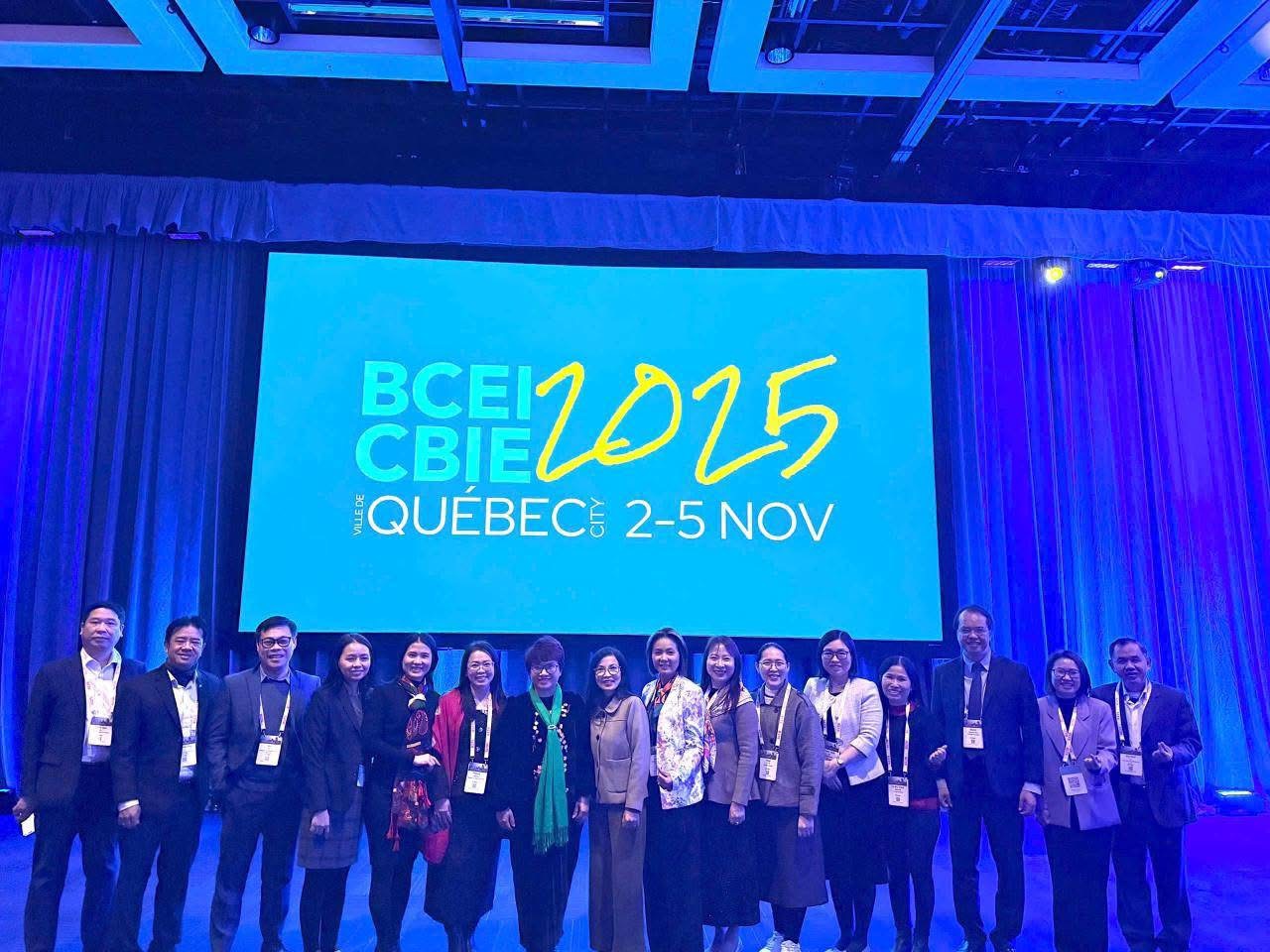On January 26, 2024, the 3D Technology in Medicine Center (3D Lab), VinUniversity signed a Memorandum of Understanding (MOU) with CustoMED – Sheba Medical Center, Israel. This milestone event marks a significant advancement in the collaboration for developing 3D design automation software, personalized medicine, and medical technology.

The 3D Technology in Medicine Center (3D Lab), VinUniversity signed a Memorandum of Understanding (MOU) with CustoMED – Sheba Medical Center, Israel
With this MOU, CustoMED and 3DlabVinUni commit to collaborate on these terms: (1) Organizing visits involving the exchange of information on 3D design automation software; (2) Sharing CTScan files and files before and after the design process between two sides, (3) Engaging research activities to verify the accuracy of results between the automated 3D design process and engineer-assisted design.
3D printing in healthcare is increasingly pivotal for creating anatomical models and surgical positioning devices. This aids doctors in accurately pinpointing and visualizing injury sites, thereby enhancing the efficacy of surgeries and treatments. “Implementing this technology not only creates a true revolution in healthcare but also opens doors to personalized medicine, personalized surgeries tailored to each patient,” stated Mr. Amit Zabtani, Co-Founder & Chief Medical Officer (CMO) of CustoMED.

Mr. Amit Zabtani, Co-Founder & Chief Medical Officer (CMO) of CustoMED at the MOU signing ceremony
Counselor Gal Saf, Head of Economic and Trade Office, Israel Embassy to Vietnam, expressed: “We are very glad about the collaboration between CustoMED and VinUni. As Israel exports more software than others focusing on healthcare, we hope this meeting will be the foundation for further collaborations between Vietnam and Israel. The Embassy is willing to support and facilitate this partnership to bring more innovations in healthcare and technology.”

The event was honored to welcome Counselor Gal Saf, Head of Economic and Trade Office, Israel Embassy to Vietnam
Speaking at the ceremony, Prof.Dr. David Bangsberg – VinUni Provost, highlighted: “Aiming for top-notch international healthcare and education, VinUni strives to advance ideas and make progress through dedication and innovation. We are keen to form partnerships with innovative leaders who can propel technology forward, ultimately benefiting patient care. We look forward to enhancing our collaboration.”

Prof.Dr. David Bangsberg – VinUni Provost at the MOU signing ceremony
The collaboration between VinUni and CustoMED is a leap in applying 3D printing in the medical field. It also showcases the spirit of relentless innovation and the commitment to improving healthcare in Vietnam and the world.
—–
CustoMED is a unit in Sheba Medical Center. This is the largest and most comprehensive medical center in the Middle East, with a global impact through its medical care, research, and healthcare transformation. Sheba has been ranked a top-ten hospital worldwide by Newsweek for four consecutive years (2019 – 2022).
The 3D Technology in Medicine Center (3D Lab), VinUniversity, is an educational and training hub for skilled orthopedic surgeons, fostering personal and societal advancement to inspire current and forthcoming generations. Aspiring to establish itself as a preeminent institution renowned for its systematic and esteemed research initiatives, 3D Lab continuously enhances teaching quality, products, and services. It was officially one of the first 3D labs in Vietnam to achieve ISO 9001:2015 (Quality Management System) and ISO 13485:2016 (Medical Devices Quality Management System) with two products: 3D printing model and Patient-Specific Instrument (PSI).
With an impactful project, “Patient-Specific Instruments for Total Knee Replacement Surgery,” VinUni 3D Lab won Second Place in the Science Innovation Competition by the Ministry of Science and Technology of Vietnam, targeting potential solutions and products with real-life applications.
Recently, 3D Lab is the unit that designed 3D-printed bone, directly contributing to the first pelvic replacement using 3D-printed artificial bones in Vietnam. After ten days post-operation, the patient could practice walking with crutches without difficulty.












